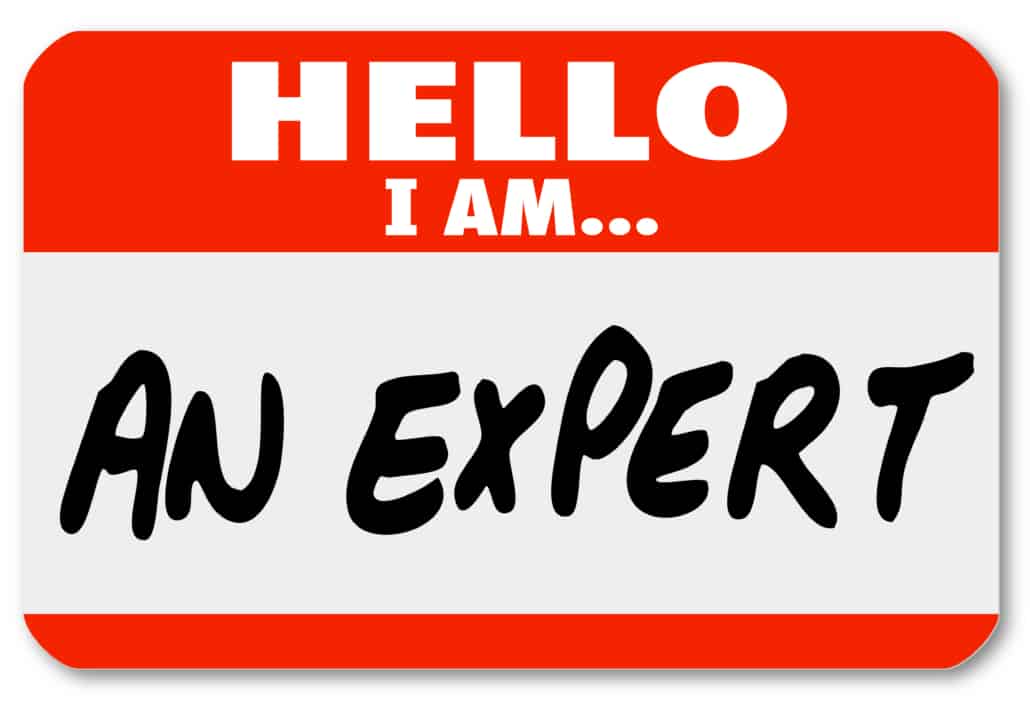Resisting the Cry for Help Can Be Difficult
Let’s face it, when people are happy to see you because you have some specialized expertise that they could use, it feels good to know that they’re looking up to you in such a positive way.
While I continue to wrestle with the best words to describe myself to the field of family enterprise consulting, one word I shy away from is “expert”.
There are some professions that lend themselves better to the “expert model” of service, and when I go to a doctor or to get my car fixed, I know I also arrive with an “expert, please help me” look on my face.
I work with families who share ownership and/or management of a business or assets together, and sometimes they feel like what they need is an expert, and that’s understandable.
But that doesn’t mean that that’s what’s truly best for them.
A Group Call Inspires Another Blog
Regular readers know that I participate in many groups that get together to discuss the field in which we work, and that one by-product of those is blog topics like this one.
Stay tuned for another one soon, featuring Clifford the Big Red Dog, which is another topic that arose during the same FFI-Virtual Study Group call I was recently a part of.
But this one about “experts” came from out of the blue during a discussion and I quickly jotted down the words of my colleague (thanks DC) because I’d never heard this subject phrased this way.
I don’t even recall the exact discussion, but she said, “Oh, like when they say ‘Hey the expert is here!’”, and I knew exactly what she was driving at.
Just Tell Us What We Should Do
Although there are people who put themselves out there as experts, most of the issues that the families I serve are facing aren’t the type that can be resolved by one single “right answer” provided by any expert.
And this is even true of those “experts” who would be rightfully considered expert in their field.
An expert can be quite useful to guide you and help you avoid making some terrible mistakes, so that’s positive.
But when such professionals then extrapolate what happened to work in one situation and continue to serve up the same solution to others, whose circumstances may be similar in some ways, but quite different in others, then it’s no longer positive.
Solving for One Person, or for a Family?
One of the simplest explanations for why this continues to happen and why it’s sub-optimal comes down to the fact that when I work with a family, the family is actually comprised of many individual people.
So it’s rare that any simple solution to an issue will be the optimal solution for each and every member of that family.
The old-fashioned way of ignoring the needs and desires of the younger generation on the assumption that they should just be happy with whatever they get is thankfully going the way of the dodo bird, although not as quickly as might be appropriate.
Well, They’re the Experts, so this MUST Be Right
Another by-product of this thinking that affects families is believing that solutions proposed by well-regarded experts in their city must necessarily be accepted because they come from “the best firm in town”.
But this is admittedly a tough one, since we can’t blame the families who are searching for resources from hoping and believing that there’s someone out there who can “save us” by giving us a simple solution to our issues.
And likewise, we can’t blame such experts from selling their services and believing that they are doing what’s best. Or can we?
Every family that reaches a certain stage of size and complexity will require the assistance of several different experts from different fields of specialty.
So it behooves all of us to do a better job for these families by learning to work together, perhaps as a “team of experts”, as opposed to any one of them being the expert.
Simple => Expert; Complex => Team
Revisiting the title of this piece that came from the quote of a colleague, when I started writing this, the keyword was clearly “expert”.
Now that we’re winding down, I realize that perhaps the keyword was actually “the”!
Experts, working together, are fine, and we need to learn how to work together well.




